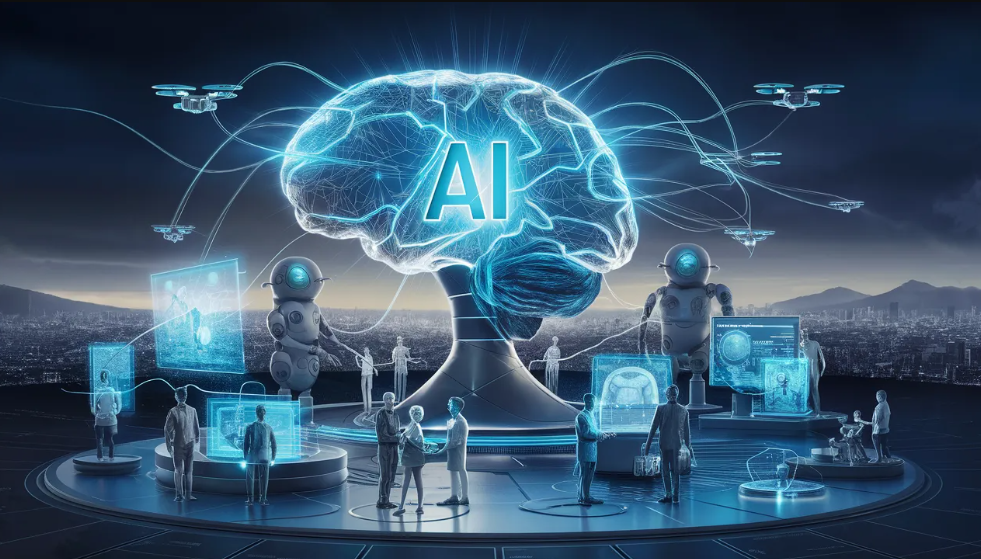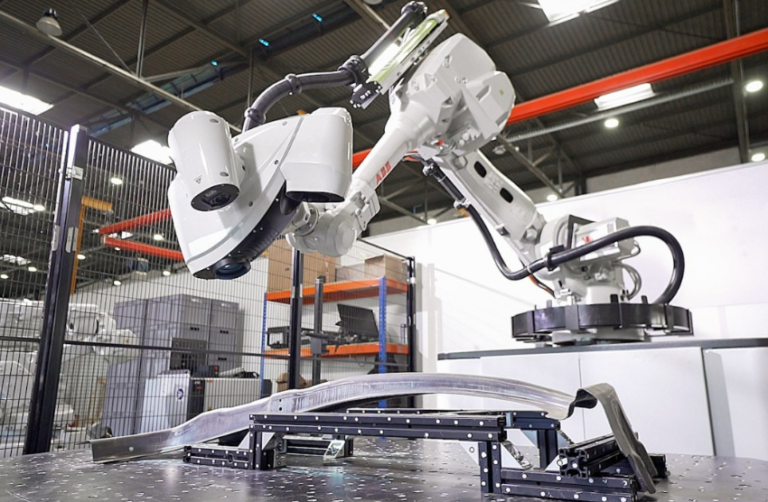The Future of AI: How It’s Shaping Our World

The future of AI stands as a pivotal force in reshaping various industries. Its potential to enhance efficiency and foster innovation is becoming increasingly evident. However, this transformation brings forth complex ethical dilemmas and questions of accountability. As AI systems become integrated into daily life, the implications for human interaction and societal norms warrant careful examination. What challenges and opportunities lie ahead as this technology continues to evolve?
Transforming Industries With AI Innovations
As industries increasingly embrace technological advancements, artificial intelligence (AI) emerges as a pivotal force driving transformation across various sectors.
Through automated processes and sophisticated data analytics, organizations streamline operations, enhance decision-making, and improve efficiency.
This innovative approach not only reduces costs but also empowers businesses to harness insights, promoting agility and fostering a culture of continuous improvement, ultimately redefining industry standards and practices.
See also: The Evolution of Wearable Technology and Its Impact on Health
AI in Everyday Life: Enhancing Human Experience
The integration of artificial intelligence into everyday life signifies a profound shift in how individuals interact with technology and each other.
Smart assistants streamline daily tasks, providing personalized experiences that enhance convenience and efficiency.
This evolution fosters a deeper connection between users and their devices, allowing for tailored interactions that cater to individual preferences, ultimately enriching human experience in an increasingly digital world.
Ethical Challenges and Considerations of AI Development
While technological advancements promise significant benefits, ethical challenges surrounding AI development cannot be overlooked.
Issues such as bias mitigation remain critical, as algorithms may unintentionally perpetuate discrimination. Additionally, developing accountability frameworks is essential to ensure responsible AI usage.
Privacy concerns arise from data collection practices, while job displacement threatens economic stability. Addressing these challenges is vital for a just and equitable future in AI.
The Future Landscape: Predictions for AI Integration
In light of the ethical challenges previously highlighted, the future landscape of AI integration presents a complex tapestry of possibilities and trends.
Predictions suggest increased AI collaboration across industries, fostering innovative solutions to pressing global issues.
Autonomous systems are expected to revolutionize sectors such as transportation and healthcare, enhancing efficiency while simultaneously raising questions about accountability and the balance between human oversight and machine autonomy.
Conclusion
As artificial intelligence advances, its profound potential to propel progress across diverse domains becomes increasingly palpable. The seamless synthesis of smart systems into society promises to enhance efficiency and elevate experiences. However, persistent pondering on ethical parameters and accountability is paramount to ensure a balanced, beneficial integration. Ultimately, the future of AI stands as a testament to transformative technology, fostering fruitful collaborations while forging a foundation for a more innovative, inclusive, and intelligent world.





